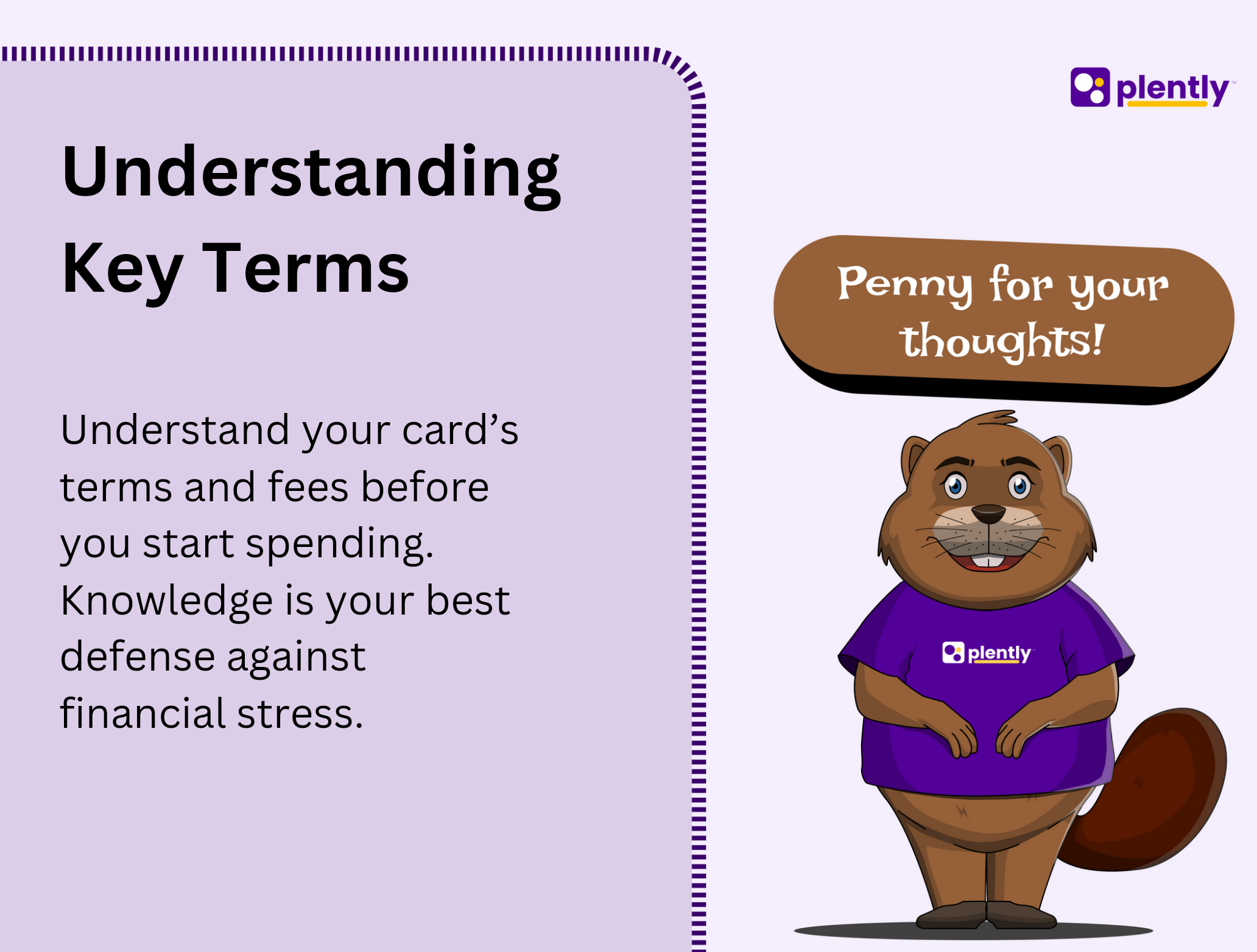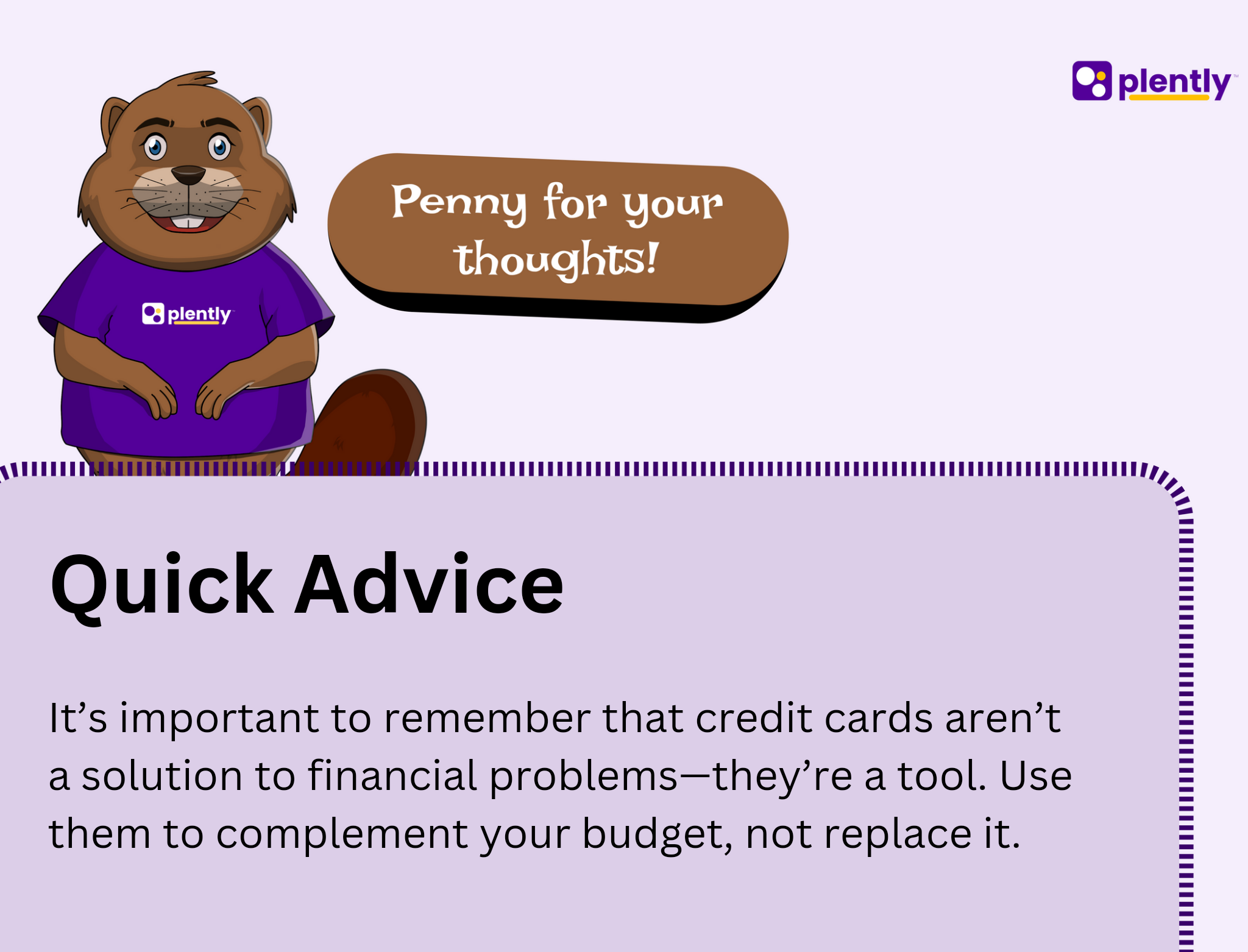Understanding Credit Cards
6 mins read
Published on Oct 3, 2024

Introduction
Credit cards are very handy financial tools that may make your life easier. While they are very convenient to use, allowing you to buy stuff without carrying cash, they also require responsible handling of the credit card. Misused credit cards may bring in debts and stress over finances.
This two-part article series will tell you all you need to know about credit cards, particularly yours. In this section, we will look at the basics of credit cards: What a credit card is, how many types there are, and how to use them effectively so that you can be confident financially.
What are Credit Cards?
Credit cards are cards, usually made of plastic, issued by banks and other financial institutions serving as a means to borrow money on the spot – up to a certain limit – against purchases. When using a credit card, you borrow cash from the issuer of that card, while you repay, generally on a monthly basis.
Good credit card management involves knowing some of the major terminologies it operates on. Here are a few:
• APR (Annual Percentage Rate): This is the interest that is charged annually on the outstanding balance. Please note that this may vary based on creditworthiness and your card of choice. If you carry over balances month to month, this can be a very expensive way to build up debt.
• Credit Limit: The total of money that can be lent on the card. It is important to stay on top of your credit limit because you do not want to overspend on things. When you go over the limit, you could be charged additional fees and, in extreme cases, affect your credit score.
• Fees: Various fees can come with credit cards. They include annual fees, late payment fees, and cash advance fees. An annual fee is charged once a year for card ownership, while late payment fees apply if you miss your payment deadline.
• Grace Period: This is the time frame you can repay your balance without paying any interest, ranging between 21 and 25 days. You need to understand this period so as not to pay more for a purchase that you would have paid for before the due date.
• Rewards: Most credit cards have reward programs that will reward you with points, miles, or cash back based on the amount of money you spend using the credit card. This makes spending so much more rewarding. However, beware: this can easily make one overspend just because they have rewards in mind, leading to debt.

Types of Credit Cards & What to Look For
There are many types of credit cards to choose from, which have been designed for different needs:
• Standard Cards: The classic credit cards sans rewards. They just straightforwardly get the job done and, oftentimes, have fewer fees, ideal for the amateur user of credit cards.
• Rewards cards: There are also rewards cards, which provide points, cash back, or even travel benefits against purchases. These cards would go a long way in bringing economical savings if one does a lot of shopping or traveling. However, they often carry higher interest rates, and one has to pay their entire balance every month to avoid interest charges.
• Secured Cards: For people with limited or no credit history, secured cards require a cash deposit that serves as your credit limit. Great to build or rebuild your credit, as responsible usage will grant you better offers for credit cards in the future.
• Student Cards: These cards are aimed at college students and usually come with fewer requirements and generally lower credit limits. These cards allow the student to start building good credit early in their lives, which is quite a brilliant financial decision.
When you take a card, pay attention to such factors as interest rates, annual fees, and rewards. You are allowed to weigh different offers to choose what will best fit your lifestyle and financial situation.
When to Get a Credit Card and Why You Need It
Knowing when to get a credit card is the key to maximizing its advantages. The ideal cases that strike as perfect for getting your first card include:
1. Building Credit: A credit history is usually important in the future if one needs to apply for loans related to education or financing a car. The earlier one starts their credit, the better their score is when needed.
2. Emergency Fund: A credit card can become a backup during a period of an unhandled emergency, such as unexpected car repairs or medical emergencies. However, one must be cautious not to fall into debt.
3. Convenience: Credit cards are widely accepted and may make online shopping easier. They usually have additional benefits, such as purchase protection and extended warranties, which can save money in the long run.

Benefits & Pitfalls of Using Credit Cards
Using a credit card is associated with various benefits and risks. They are:
Benefits
• Convenience: They are easy to carry and can be used for practically all types of transactions, whether online or in person. No need to worry about having enough cash on hand.
• Rewards: Most credit cards offer rewards schemes whereby you earn points or cashback on all your purchases. This may amass a good deal of savings, especially in the case of those who will be using the card for everyday expenses.
• Building Credit: Payment of bills responsibly through credit cards helps in building a good credit history. It is the sure way to future loans and other financial opportunities.
Risks
• High Interest Rates: The interest charges can build up fast and make it difficult to pay your debt once you carry a balance. Pay the full balance each month.
• Overspending: The temptation of how easily a credit card can be used results in impulsive purchases, some of which you may regret afterward, and further still, you end up in debt. Always monitor your spending and stick to your budget.
Conclusion
When used wisely, credit cards may be effective financial instruments. Knowing how they operate, their benefits, and potential pitfalls can put you in a better position to make decisions that support the achievement of your financial goals. Remember to select the card that best fits your needs, pay your balance on time, and track your spending so you won't fall into debt. In our next article, we will go in-depth into how you can use a credit card responsibly.
Last updated: Oct 7, 2024
Share this with your friends and family
Join the money party
Level up your financial game with our exclusive blog updates, delivered straight to your inbox
Other articles you might enjoy
Join the #1 banking app for the Commonwealth
Get started on Plently
Rosemary D.
Phia Consultants
It's like having the best financial partner in my pocket!

Jonathan G.
Open Space Inc
Plently has truly transformed my financial life.

Emily H.
Student
With their user-friendly interface and innovative tools, managing my money has become a breeze.

Margaret D.
Small Business Owner
I finally feel in control of my finances, thanks to Plently!

Alexander P.
Small Business Owner
After Plently, I can't imagine going back to traditional banking!

Oliver A.
Student
Being a part of a Money Circle has been a game-changer for me. It's not just about financial contributions; it's a supportive community working together towards shared goals





Loading comments...